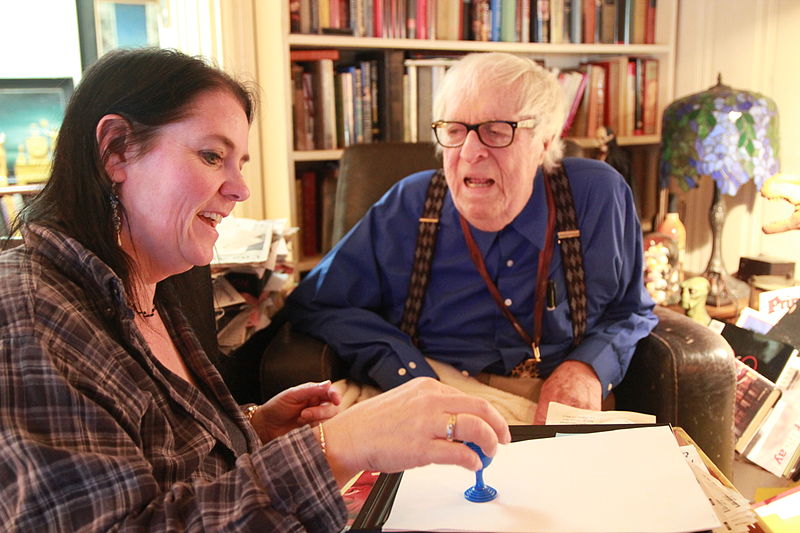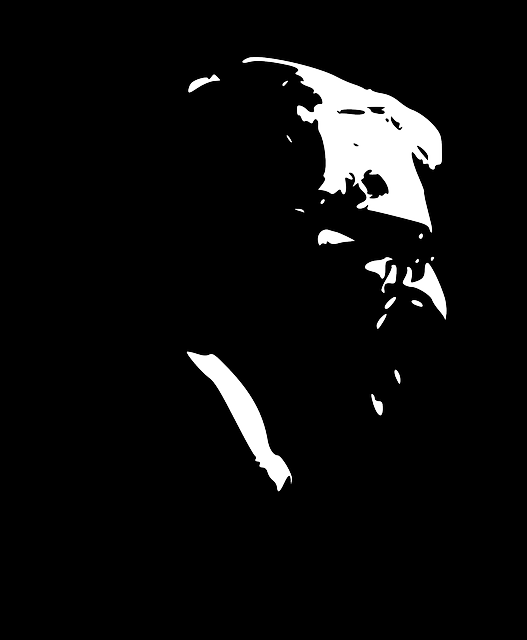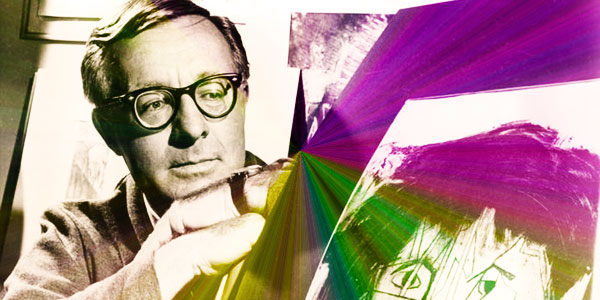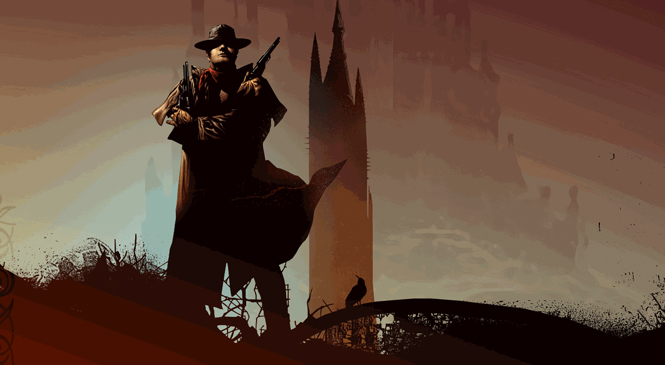The Essentials: Ray Bradbury – Sage of 20th Century Science Fiction Unreality

“I don’t write science fiction. Science fiction is a depiction of the real. Fantasy is a depiction of the unreal. It couldn’t happen, you see?”
Ray Bradbury did not write science fiction. Science fiction takes the possibilities of the real and imagines how it could be — a depiction of the real, in the man’s own words. Thing that well may be and some that, historically, have come to be. But Ray Bradbury did not write science fiction. Okay, you’re thinking, so what did Ray Bradbury write?
Let’s call it ‘unreality’.
Bradbury remains one of the most prolific writers of unrealistic stories in the twentieth century. His flavor of dystopia has become education curriculum; his short stories have inspired not only the writers in his wake, but popular culture as a whole; he is the second most borrowed fiction author in the library of the high school in which I work. It’s a stunning legacy for a boy from Lake County, Illinois. (Read our obituary of him here, and our article remembering him here.)

Bradbury’s choice of writing focus aligns well with his early fascination with Jules Verne (Twenty Thousand Leagues Under the Sea), Frank Baum (The Wizard of Oz), and Edgar Rice Burroughs (Tarzan of the Apes). By contrast, though, Bradbury’s work had a tendency to be more dark, appealing to the deep fascination readers tend to have with the twists and turns of misfortune.
Bradbury was a prolific writer, known for the dystopian novel Fahrenheit 451, the collection of stories known as The Martian Chronicles, and the nightmare fodder of robotic grandmothers (that may have made me afraid of sleepovers as a child) I Sing the Body Electric. Bradbury is also known for penning more than 600 short stories in addition to his 27 novels, but whether readers prefer short stories or full novels, Bradbury always leaves an impression.
“It’s his writing style, it just captures you,” offers Deb Cash, an avid reader of science fiction and astronomy teacher. “The short stories climax too soon, but I could get lost in the novels all night.”
For others, the short stories are more their style. Katie LeSando, a field biologist and fellow science teacher prefers the short stories. “If you haven’t read Mars is Heaven! then I feel like you need to get on that. Like, now,” she gushed to me.

Whatever your preference, Bradbury has had a creation or an influence. From direct movie adaptations of his work to subtler inspiration, as the recent adaptation of Zero Hour into the single-season show The Whispers on ABC, Bradbury has tickled the brains of serious fans and those green to the genre, and will be held in high regard for decades to come.
For more information about him, visit the official Ray Bradbury website.
![]()





I haven’t read any of his works in many years. But, I remember them being sad. His view of the human condition and how it would end… usually end, was bleak. Despite that or maybe because of it, his voice was so crisp and yet lush in detail.